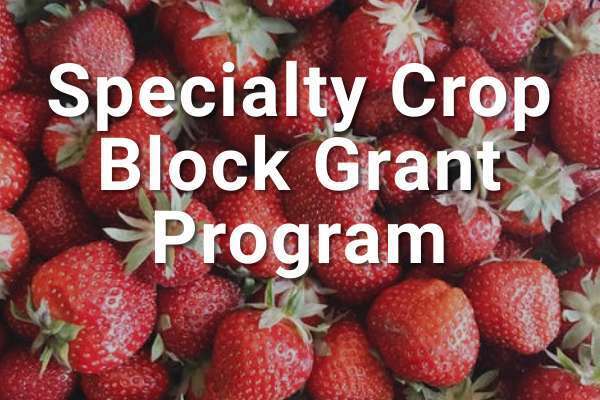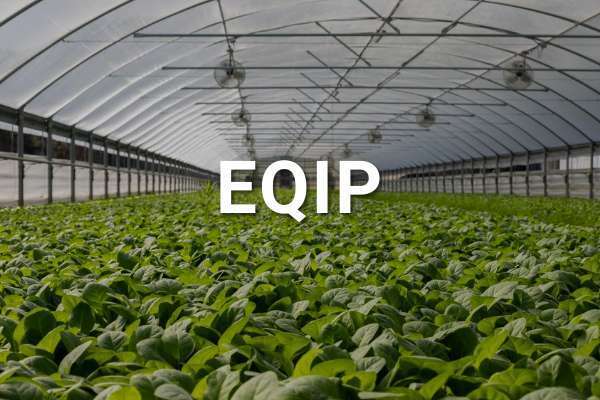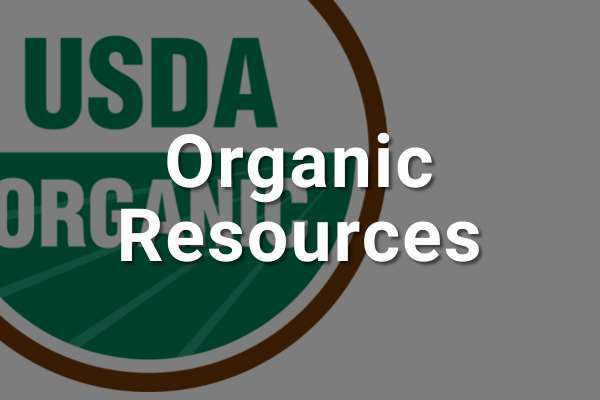Specialty Crops and Urban Agriculture
Like other types of landscapes, urban and suburban communities face natural resource challenges. Water quality and quantity, air quality, non-native species, habitat degradation and reductions in open space all affect land-use management in developed and developing areas.
Conservation districts are helping address natural resource issues in urbanizing areas through newly developing urban and non traditional agriculture programs. Many districts are providing technical assistance related to urban soil health, small scale erosion and sediment control, planting and managing urban trees and forests, mitigating invasive species, stormwater management, small acreage farming, and more. Districts are able to deliver technical and financial assistance to a broad spectrum of producers; from aspiring to experienced, small to medium-scale, in the diverse urban, suburban, and rural communities across Kansas. Services for refugee communities are also included in our urban ag outreach in many counties.
Common Conservation Practices for Specialty Farms and Urban Agriculture Producers
Common conservation practices for specialty farms and urban agriculture prducers include:
- high tunnels
- low tunnels
- microirrigation
- integrated weed and pest management
- mulching
- crop rotation
- cover crop
- composting
- nutrient management
- soil health
- organic certification
- specialty grants and grant writing workshops
Definition of Specialty Crops
USDA has defined specialty crops as “Fruits and vegetables, tree nuts, dried fruits, horticulture, and nursery crops (including floriculture)." Eligible plants must be cultivated or managed and used by people for food, medicinal purposes, and/or aesthetic gratification to be considered specialty crops. Processed products shall consist of greater than 50% of the specialty crop by weight, exclusive of added water. https://www.ams.usda.gov/services/grants/scbgp/specialty-crop
Definition of Urban Ag
USDA has defined urban agriculture as "the cultivation, processing, and distribution of agricultural products in urban and suburban areas. Community gardens, rooftop farms, hydroponic, aeroponic and aquaponic facilities, and vertical production, are all examples of urban agriculture. Tribal communities and small towns may also be included."
If you need information in a language other than English, our partners at USDA offer free translation services at our Service Centers.
Organic Certification Cost Share Program
The Organic Certification Cost Share Program (OCCSP) provides cost share assistance to producers and handlers of agricultural products who are obtaining or renewing their certification under the National Organic Program. Certified operations may receive up to 75 percent of their certification costs paid during the program year, not to exceed $750 per certification scope. The four organic certification scopes are crops, livestock, wild crop, and processor/handler.



